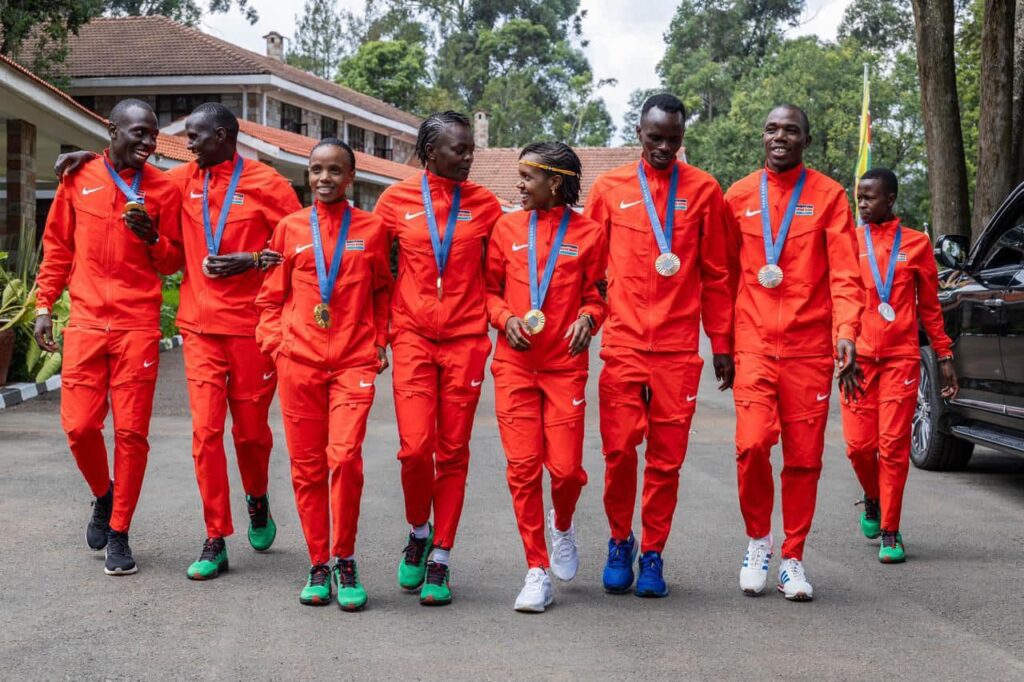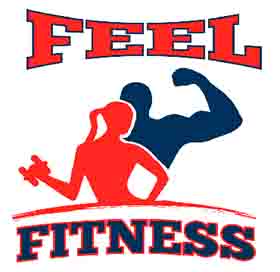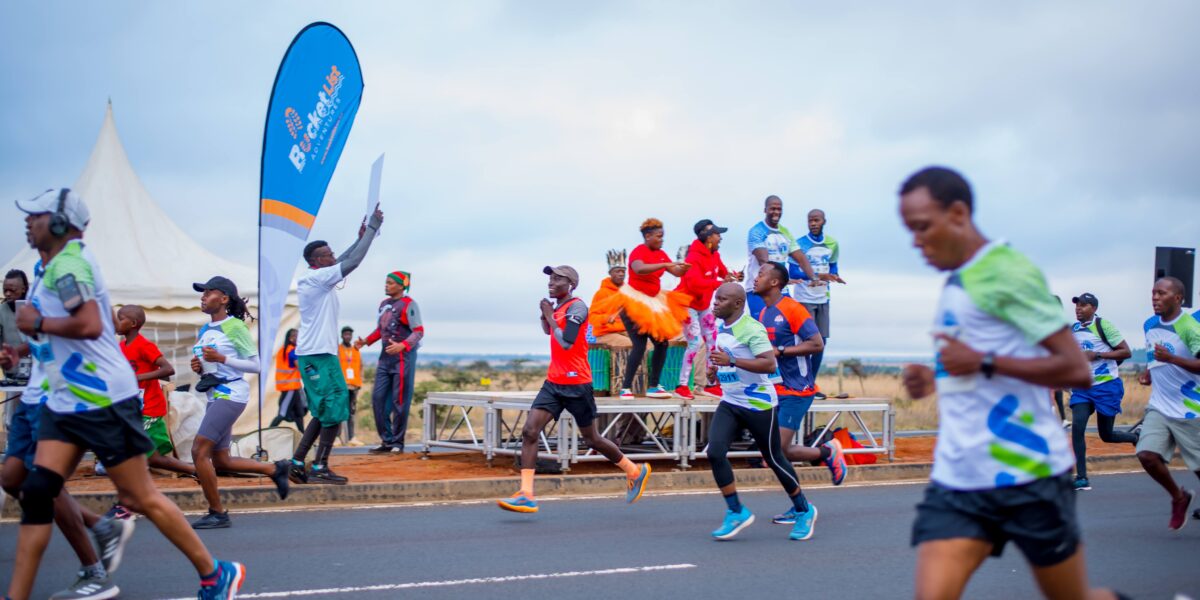Eliud Kipchoge and the late Kelvin Kiptum float through marathons like they’re chasing a matatu that forgot them at the stage-but for the rest of us, even 10k can feel like a UN peacekeeping mission between our lungs, knees, and willpower. So before you say, “It’s just running” remember this: every kilometer tells a story. Some of those stories include cramps, questionable life choices and prayers that start with “Lord, if I survive this..
It’s time to confess.
Let me confess: I jumped into the running scene fashionably late—my debut was 10 km in my forties, another ten in my forties, and I even dared to conquer 21 km at the Nairobi City Marathon last year. The recent Stanchart Marathon marked my second attempt at the half marathon, and let me be clear: a full marathon is still looming on my bucket list—emphasis on ‘looming.’

In the meantime, let’s tip our imaginary hats to the elite champions who cover close to 220 km per week in preparation. And just a friendly reminder: please don’t try this at home; leave the superhuman feats to the professionals. Show some respect. Let’s dive into some practical tips that will help you to recover effectively after participating in a marathon.
Rest, hydrate, do some gentle movements, and stretch.
Recovering after a marathon is crucial to prevent injuries, promote muscle repair, and regain energy levels. Here are some tips to help you recover effectively:
- Rest and sleep: Give your body plenty of time to rest and recover. Aim for at least 7-8 hours of sleep each night to allow for proper healing.
- Hydrate well: Continue to drink plenty of fluids, including water and electrolyte-rich beverages, to replenish lost fluids and maintain hydration levels.
- Gentle movement: Engage in light activities like walking or swimming to promote blood circulation and aid in flushing out metabolic waste products. Avoid high-impact activities for a few days.
- Stretch and foam roll: Stretching and foam rolling can help relieve muscle soreness and prevent stiffness. Focus on areas that feel tight or tender.

Eat nutritious meals:
Get a massage and eat healthy as you slowly return to exercise.
- Ice baths or cold therapy: Consider taking an ice bath or using cold therapy techniques to reduce inflammation and soothe muscle soreness. Cold showers or using ice packs can also be effective.
- Eat nutritious meals: Consume a well-balanced diet with plenty of fruits, vegetables, lean proteins, and whole grains. Include foods rich in antioxidants and omega-3 fatty acids to aid in muscle repair and reduce inflammation.
- Get a massage: Treat yourself to a sports massage to help relax tight muscles, improve circulation, and promote faster recovery.
- Gradually return to exercise. Wait until your body feels fully recovered before resuming intense workouts. Start with low-impact activities and gradually increase intensity and duration to avoid further strain or injury.
Mental recovery is just as important.
As we applaud the physical strength of elite marathoners, let’s not forget the quiet champion behind every finish line: mental recovery. After clocking hundreds of kilometers, it’s not just the legs that need a break — the mind does too. Recovery isn’t just about ice baths and stretching; it’s about unplugging, finding joy beyond the stopwatch, and reminding yourself that rest is part of the plan, not a sign of weakness. So whether you’re chasing a medal or just your next personal best, don’t skip the post-run pizza, naps, or Netflix therapy. Your brain will thank you — and so will your running shoes.
Feel Fitness
Pay attention to any lingering pain or discomfort. If you experience persistent or severe pain, consult a healthcare professional to ensure there are no underlying injuries. Take pride in your marathon accomplishments and give yourself time to reflect on your training and performance. Mental recovery is just as important as physical recovery. See you on the next one. Keep running.

